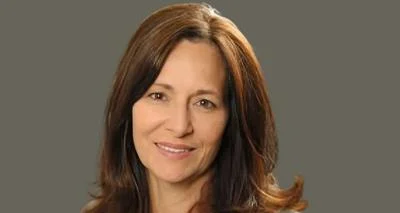Springfield, Illinois | (WT-en) Mark at English Wikivoyage
Springfield, Illinois | (WT-en) Mark at English Wikivoyage
A public policy group is calling on Illinoisans to demand that the Senate follow the House's lead and approve a bill that would allow voters to decide to consolidate local governments.
House Bill 496, introduced by Rep. Tom Demmer (R-Dixon), has strong bipartisan support. It is also being touted by the Illinois Policy Institute, which says the bill would eliminate unnecessary government and prevent property tax increases.
The bill would make it easier to dissolve townships that are coterminous or substantially coterminous with a municipality, allowing residents of those townships to make such decisions with ballot referendums. In a qualifying township, either the city council would need to pass an ordinance to put dissolution on the ballot or at least 10 percent of the township’s registered voters would have to sign a petition to the same effect.
If the referendum were approved by voters, the township would be dissolved and its services, duties, assets and liabilities would be taken over by the coterminous municipality.
Although the bill passed the House on a 111-2 vote, its prospects in the Senate are considered much less certain, since a similar bill advanced by the House nearly a year ago floundered in the Senate. That bill, HB4501, was sponsored by Rep. Sam Yingling (D-Round Lake Beach) and based on the consolidation powers model of DuPage County, which has the authority to combine services and eliminate unnecessary entities.
A report in the Chicago Tribune showed the DuPage model had projected benefits for that county of $116 million in taxpayer savings, $20 million in savings on employee benefits and $6.9 million in savings after closing the county’s youth home.
Illinois has nearly 6,963 units of local government — more than any other state by a significant margin, according to a November 2013 report by Illinois Policy.
Illinois is the fifth most populous state, with California, Texas, Florida and New York ranking above it. Despite this, it has more units of local government than all of them, averaging 1,800 people served by each unit to California’s average of 8,000. Florida has nearly 6 million more people than Illinois, but Illinois boasts 1,650 more units of local government than the more populous state.
According to the report, the amount of government in the state has several negative impacts on the state’s residents. For example, more government makes it more difficult to monitor government officials and functions for ethics violations. This applies both to state-level efforts to monitor local governments for fraud and corruption and to Illinois citizens efforts to hold their own representatives accountable. More layers of government translate to more elections, which can lead to voter fatigue.
The largest impact of Illinois’ superfluous local government units are their administrative costs, the report stated, which have lead to the state having some of the highest levels of property tax in the country. In 2013, the state ranked second for median effective property tax rate at 1.93 percent, with some counties approaching and even surpassing a rate of 2.5 percent.
Illinois Policy reported that property taxes in the state have grown two and a half times faster than inflation and 14 times faster than Illinois’ population since the 1960s. Further, residential property taxes have increased more than three times faster than median household incomes since 1990.
HB496 would present Illinoisans with the opportunity to decide for themselves how many layers of local government they need. Through this legislation, Illinois Policy said, residents will be able to weigh the services rendered against their administrative costs and put their decisions into effect with referendum votes.
.jpg)





 Alerts Sign-up
Alerts Sign-up